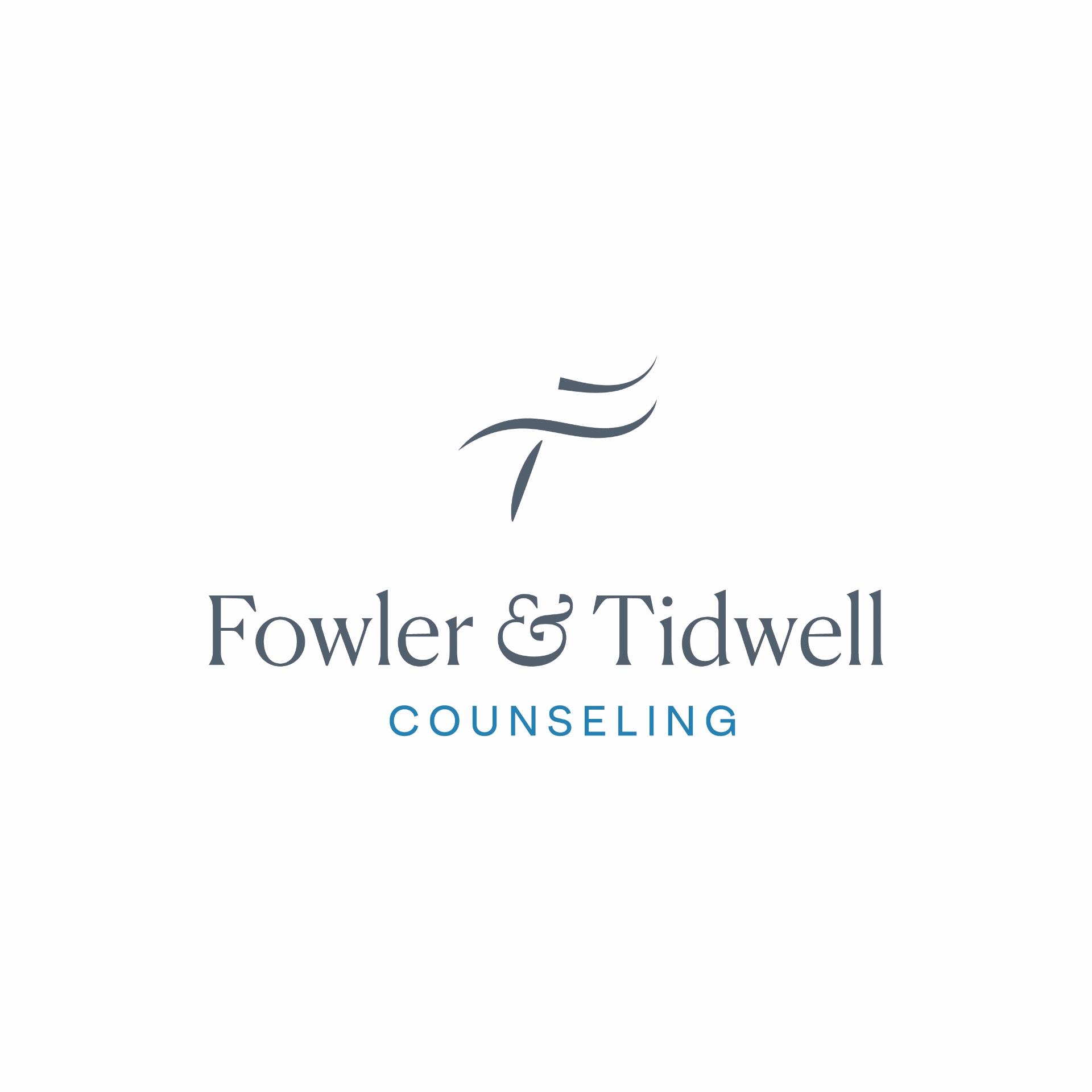Is That Voice in Your Head Really You—Or Your Inner Child?

A Gentle Beginning
Not long ago, a client sat across from me and sighed. “I don’t understand why I’m so hard on myself. A small mistake at work makes me feel like I’ve messed everything up. I hear this voice telling me I’m a failure, and I know logically it isn’t true… but I can’t seem to silence it.”Her words reflect what many of us feel but seldom express. We all have an inner voice, sometimes supportive, at other times critical, and occasionally deeply vulnerable. While it often seems like this voice is simply us, the reality is more complex. Many times, the voice in your head isn’t your present, adult self at all. Instead, it’s the inner child, the younger part of you that still holds onto memories, fears, and desires from long ago. Learning to recognize this voice, and responding to it with care, can change the way you connect with yourself.
Meeting Your Inner Child
The inner child is a term therapists and counselors use to describe the collection of experiences, emotions, and beliefs we formed during childhood. Think of it as the younger version of yourself, still residing inside, carrying the lessons you learned about love, safety, worth, and belonging. If you grew up in a home where your needs were met with warmth and consistency, your inner child may feel more secure. But if you experienced neglect, criticism, chaos, or unmet needs, your inner child may still carry wounds that manifest in adulthood as self-doubt, fear, or a longing to be nurtured. Psychologist John Bradshaw, who popularized inner child work, once wrote that healing occurs when we reconnect with this part of ourselves instead of pushing it away. Research on attachment and emotional development supports this, showing that how we were cared for, or not cared for, shapes our inner sense of worth well into adulthood.
How to Recognize the Inner Child’s Voice
Sometimes it’s tricky to determine whether your self-talk is coming from your grown-up self or your inner child. Here are some signs that your inner child may be speaking:
Big emotions in small situations: Do you ever feel overwhelmed by what seems like a minor event, like being left out of a conversation or making a small mistake? That emotional intensity often belongs to a younger part of you, not the adult you are today.
Echoes of old beliefs: Thoughts like “I’m not good enough,” “Nobody really wants me,” or “If I make a mistake, I’ll be abandoned” rarely originate in adulthood. They are beliefs formed early, often in response to how we were treated as children.
Longing for comfort: At times, the inner child doesn’t sound critical but rather vulnerable: “I don’t want to do this alone” or “I just want someone to tell me it’s okay.” These are natural needs that may not have been fully met when you were young.
When you notice these voices, it’s important not to dismiss them. Instead, view them as assignals, as reminders that a younger part of you is reaching out for attention.
Why the Inner Child Speaks Up
So why does the inner child make an appearance, especially in situations that seem unrelated to childhood? The answer lies in how the brain and body store memory. Neuroscience has found that the default mode network, the part of the brain activated during self-reflection, often brings up old emotional patterns when we’re stressed or uncertain. This means a current situation can activate pathways connected to feelings you experienced decades ago. Trauma research also tells us that early pain or unmet needs can become “stuck” in the body. Psychiatrist Bessel van der Kolk discusses this in his book, The Body Keeps the Score, stating that experiences of fear, shame, or rejection often reside in our nervous systems, resurfacing later as intense emotions, critical inner voices, or even physical tension. In other words, that harsh or frightened voice inside you isn’t irrational, it’s a younger version of you still trying to protect itself in the only way it knows how.
Gentle Ways to Care for Your Inner Child
The good news is that you can cultivate a new relationship with that voice. Instead of dismissing it or arguing with it, you can learn to respond with compassion. Here are some gentle practices to try:
Pause and notice: When you hear a critical or fearful thought, take a moment to stop. Ask yourself, “Does this sound like my adult self, or does it feel younger?”Simply noticing begins the healing process.
Name the age: Try asking: “How old does this part of me feel?” You might discover the voice sounds like a scared 5-year-old, a lonely 10-year-old, or a rebellious teenager. Naming the age helps you step into the role of your wiser adult self.
Offer comfort: Speak to your inner child the way you would comfort a child you love. You might say: “I know you’re scared, but I’m here now. You’re safe.” Over time, this fosters a sense of inner security.
Reparent yourself: Many people find healing through practices like journalingletters to their younger self, meditation that visualizes nurturing the child within, or therapy that provides a safe space for this work. This is known as“reparenting”: the practice of giving your inner child the compassion, support, and guidance you might not have received in your early years.
Seek support if needed: If connecting with your inner child brings up painful memories or trauma, you don’t have to go through this alone. A therapist trained in inner child work or trauma therapy can guide you through the process safely.
Closing Thoughts
The next time that inner voice feels harsh, scared, or fragile, remember: it might not be the voice of who you are now. It may be the voice of the child you once were, still holding onto fears, beliefs, or longings from the past. When you pause and listen, you realize that your inner child isn’t trying to sabotage you. They’re simply seeking to be heard, seen, and cared for. And when you meet that voice with compassion instead of judgment, something transformative happens: healing. Little by little, you show your inner child that they are no longer alone. And as you do, your adult self becomes freer, calmer, stronger, and more whole. So, the next time you hear that inner whisper of fear or doubt, try asking: “Is this really me — or is it my inner child?” Then, respond with the gentleness you have always deserved.
Written by Rhonda Gates, LPC Associate. Supervised by Jenai Tidwell, LPC Supervisor

